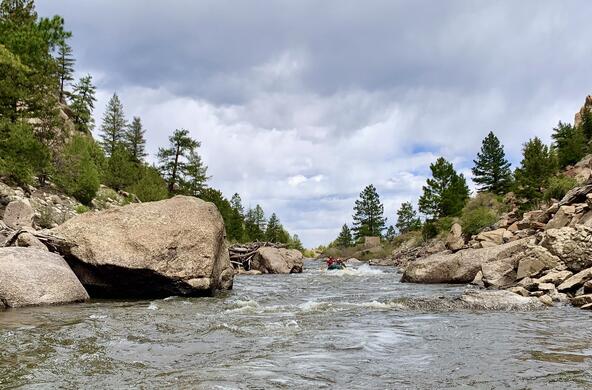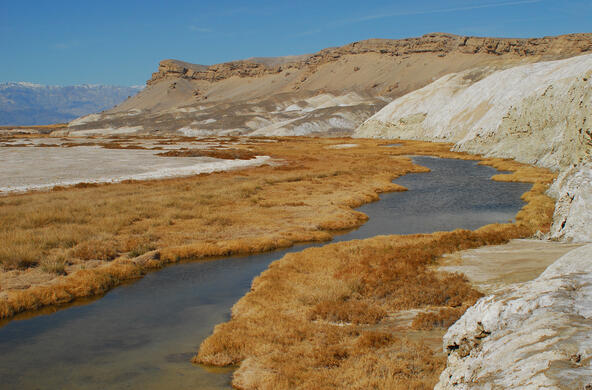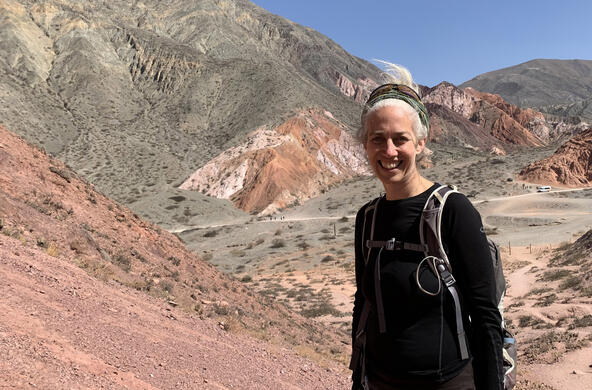Last week, environmentalists celebrated President Obama’s veto of the Keystone XL pipeline. But we shouldn’t jump for joy too soon. As long as the price of oil, now about $50 per barrel, is above the cost of producing oil from the tar sands deposits, the Canadians will surely get their oil to market—by an alternative pipeline, by tank car, even by mules if need be. Each of these will carry an environmental risk, already realized in the aftermath of several railroad disasters involving Canadian oil in tank cars.
Much of the opposition to the pipeline stems from the belief that blocking the pipeline will keep the Canadian oil in the ground and carbon dioxide (CO2) out of the atmosphere. Bill McKibben and various environmental groups have used the pipeline as a rallying call for the larger issue of climate change. Their calls for action are well intentioned but—in this case—misplaced.
True, gasoline from tar sands oil contributes modestly greater amounts (about 15 percent) of CO2 to the atmosphere, compared to gasoline produced from traditional sources. But blocking the tar sands oil will have an imperceptible impact on the current emissions of CO2. Our insatiable demand for petroleum energy will simply shift our attention to other sources of oil in the world markets.
Approval of the Keystone XL pipeline will certainly be sought again, especially if the control of the White House changes parties in the next election. If we want to permanently kill the pipeline, we will need to kill demand for the product.
I stand with those who recommend a carbon tax that would make it uneconomical to market the tar sands oil in the United States, shifting our attention away from fossil fuels in general and focusing our attention on renewable sources of energy. A carbon tax would be a fee paid anytime a pound of CO2 is emitted to the atmosphere from fossil fuels—coal, oil and natural gas.
Lots of folks are dead-set against any new taxes. If I were running for office on a carbon tax platform, I wouldn’t win any election. But a carbon tax need not add to any American’s tax burden. A tax on the purchase of petroleum products could be scaled—dollar for dollar—to reduce personal income taxes. In essence, we would be taxing consumption of a product with a lot of negative impacts on society, rather than taxing individual productivity as measured by income. Bipartisan support, including Henry Paulson, Michael Bloomberg, and Larry Summers, is found for some form of carbon tax to avoid the dangers of climate change.
A carbon tax also preserves personal freedom: you could still buy a big SUV or heat your home to 80 degrees, but you’d be choosing to pay the carbon tax to do these things. Economizing—by driving shorter distances, buying a fuel-efficient car, or adjusting the thermostat—would lower your tax burden.
I can think of all kinds of reasons to oppose the extraction of oil from the Canadian tar sands deposits. Preserving the boreal forest is one of them. Not diverting or polluting waters from the northern rivers is another. Avoiding a pipeline corridor across the Great Plains is third. But avoiding CO2 emissions to the atmosphere? I doubt that vetoing the pipeline will have much effect.
As you sweat to file your taxes by April 15, think of how much easier it would be to fund our government’s activities through a carbon tax, keeping the Canadian oil in the ground forever.








